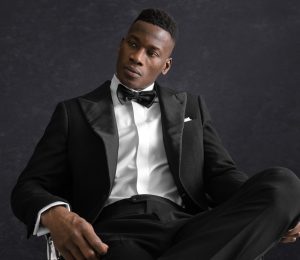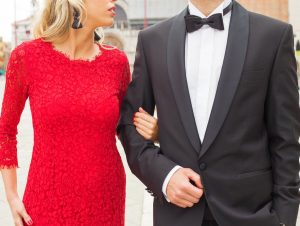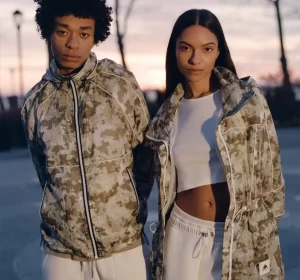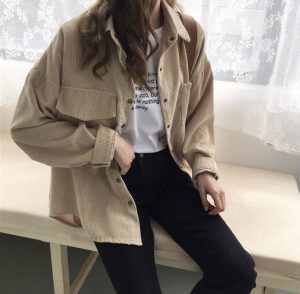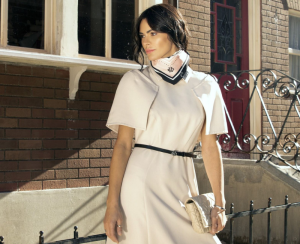“The Psychology of Formalwear: How Dressing Up Affects Behavior and Confidence”
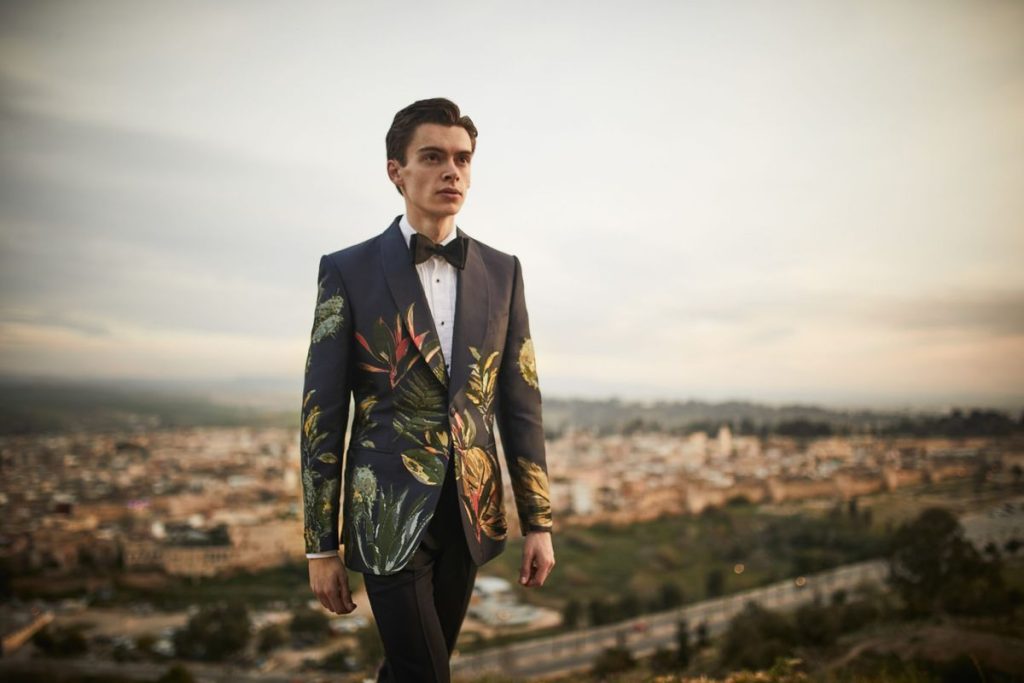
Title: The Psychology of Formalwear: How Dressing Up Affects Behavior and Confidence
Introduction:
Formalwear has long been associated with special occasions, professional settings, and social events. Beyond its aesthetic appeal, formal attire has a profound psychological impact on individuals, influencing behavior, mood, and confidence levels. In this article, we delve into the psychology of formalwear, exploring how dressing up affects behavior and boosts confidence in various contexts.
1. **The Power of Perception**: Research suggests that the clothes we wear can influence how we perceive ourselves and how others perceive us. When individuals dress in formal attire, such as suits, dresses, or business attire, they often project an image of professionalism, competence, and authority. This perception can positively impact how others interact with them, leading to increased respect, credibility, and influence in professional and social settings.
2. **The Influence of Social Norms**: Social norms and cultural expectations play a significant role in shaping our behavior and attire choices. In many cultures, formalwear is associated with respect, tradition, and adherence to societal norms. When individuals conform to these norms by dressing in formal attire, they signal their respect for the occasion or event and demonstrate their willingness to adhere to social conventions. This conformity can foster a sense of belonging and acceptance within social groups and institutions.
3. **The Psychological Effects of Clothing**: Studies have shown that the clothes we wear can influence our cognitive processes, emotional states, and self-perceptions. When individuals dress in formal attire, they may experience a psychological shift in mindset, feeling more focused, confident, and capable of handling challenging tasks. This phenomenon, known as “enclothed cognition,” suggests that clothing can influence cognitive performance and behavior by shaping our perceptions and expectations of ourselves.
4. **The Role of Confidence**: Dressing up in formal attire can have a profound impact on confidence levels, leading individuals to feel more self-assured, competent, and capable of achieving their goals. When individuals dress in clothes that make them feel confident and empowered, they are more likely to exhibit assertive behavior, take on leadership roles, and approach social interactions with poise and self-assurance. This boost in confidence can have far-reaching effects on personal and professional success, influencing everything from job interviews to public speaking engagements.
5. **The Connection Between Dress and Mood**: Research suggests that there is a strong connection between dress and mood, with clothing choices influencing emotional states and well-being. When individuals dress in formal attire, they may experience a positive mood boost, feeling more elegant, sophisticated, and put-together. This elevated mood can enhance overall satisfaction with one’s appearance and contribute to a sense of self-confidence and satisfaction.
6. **The Impact on Social Behavior**: Formalwear can also influence social behavior and interactions, shaping how individuals perceive and interact with others. When individuals dress in formal attire, they may be perceived as more approachable, competent, and trustworthy, leading to more positive social interactions and relationships. This can be particularly beneficial in professional settings, where first impressions are critical and can influence career opportunities and advancement.
Conclusion:
In conclusion, the psychology of formalwear highlights the powerful influence that clothing can have on behavior, confidence, and social interactions. By dressing up in formal attire, individuals can project an image of professionalism, competence, and authority, leading to increased respect and credibility in various contexts. Formalwear can also boost confidence levels, enhance mood, and influence social behavior, shaping how individuals perceive themselves and how others perceive them. As such, the decision to dress up in formal attire goes beyond mere aesthetics—it reflects a deeper understanding of the psychological impact of clothing and its role in shaping identity, behavior, and social dynamics.
